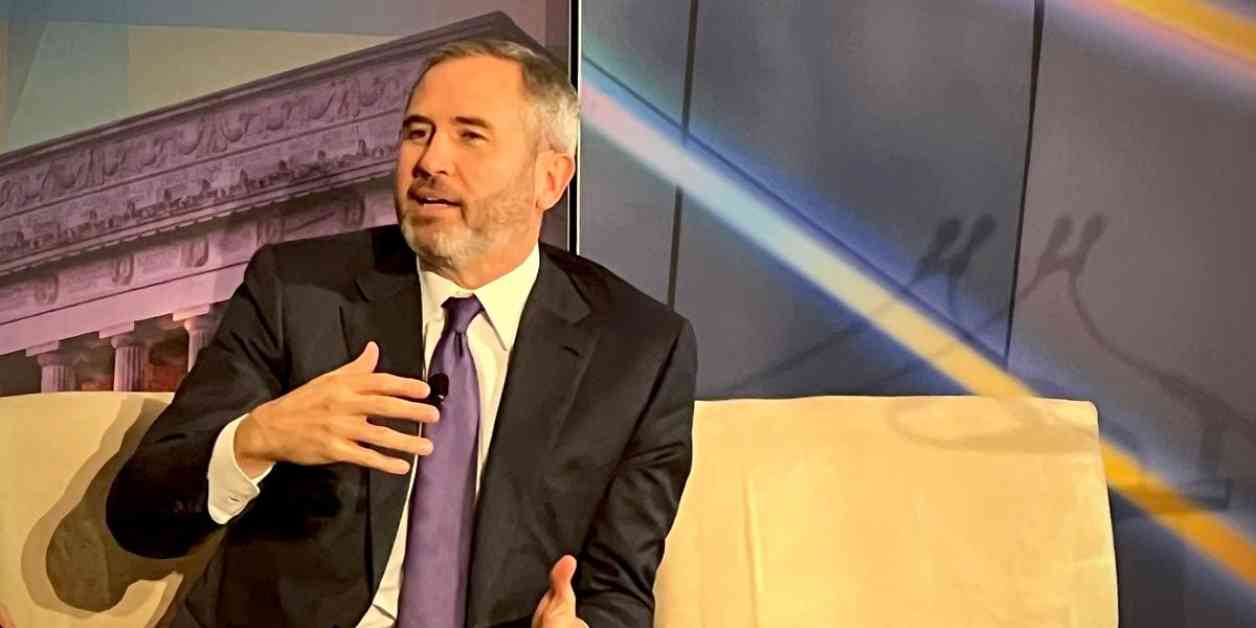Ripple CEO Brad Garlinghouse shared his recent experience of being removed from Citibank, a banking relationship he had for about 25 years, due to his involvement in the crypto industry. This move reflects a wider trend where individuals within the crypto sector are facing challenges in maintaining banking ties as regulators urge institutions to limit their exposure to crypto assets.
During his speech at DC Fintech Week, Garlinghouse expressed his concerns about being “de-banked” and highlighted the increasing scrutiny faced by notable figures in the crypto space from federal regulators. He attributed Citibank’s decision to his prominent role in the industry, which led to the bank asking him to move his money within five days.
Garlinghouse also criticized the current U.S. administration, particularly SEC Chair Gary Gensler, accusing them of being hostile towards the crypto industry. Despite the challenges faced, he remains optimistic about the future of crypto policy, stating that a reset is inevitable regardless of the outcome of the upcoming presidential elections.
In addition to his personal experience, Garlinghouse discussed the potential for an XRP-based exchange-traded fund (ETF) and emphasized the importance of political appointments in shaping the regulatory landscape for crypto in the next four years. He advised crypto startups to consider incorporating outside the U.S. due to regulatory uncertainties and the risk of litigation faced by companies operating within the country.
While Garlinghouse acknowledged his preference for supporting U.S.-based initiatives, he highlighted the need for clarity and regulatory certainty to protect businesses from legal challenges. The removal of a prominent figure like Garlinghouse from a longstanding banking relationship underscores the challenges faced by individuals and businesses operating in the crypto industry.
Looking ahead, the decisions made by the next administration in appointing key officials at regulatory agencies will play a crucial role in shaping the future of crypto policy in the U.S. Despite the current obstacles, Garlinghouse remains optimistic about the long-term prospects of the industry, viewing the current challenges as temporary setbacks in the broader adoption of cryptocurrencies.
Overall, Garlinghouse’s experience with Citibank serves as a reminder of the regulatory hurdles faced by individuals in the crypto sector and the importance of regulatory clarity in fostering innovation and growth in the industry. As the crypto landscape continues to evolve, navigating the regulatory environment will remain a key challenge for businesses and individuals seeking to participate in this rapidly changing industry.


















